Instant Opinion: ‘Want to know what a Boris Johnson government would look like?’
Your guide to the best columns and commentary on Monday 8 July
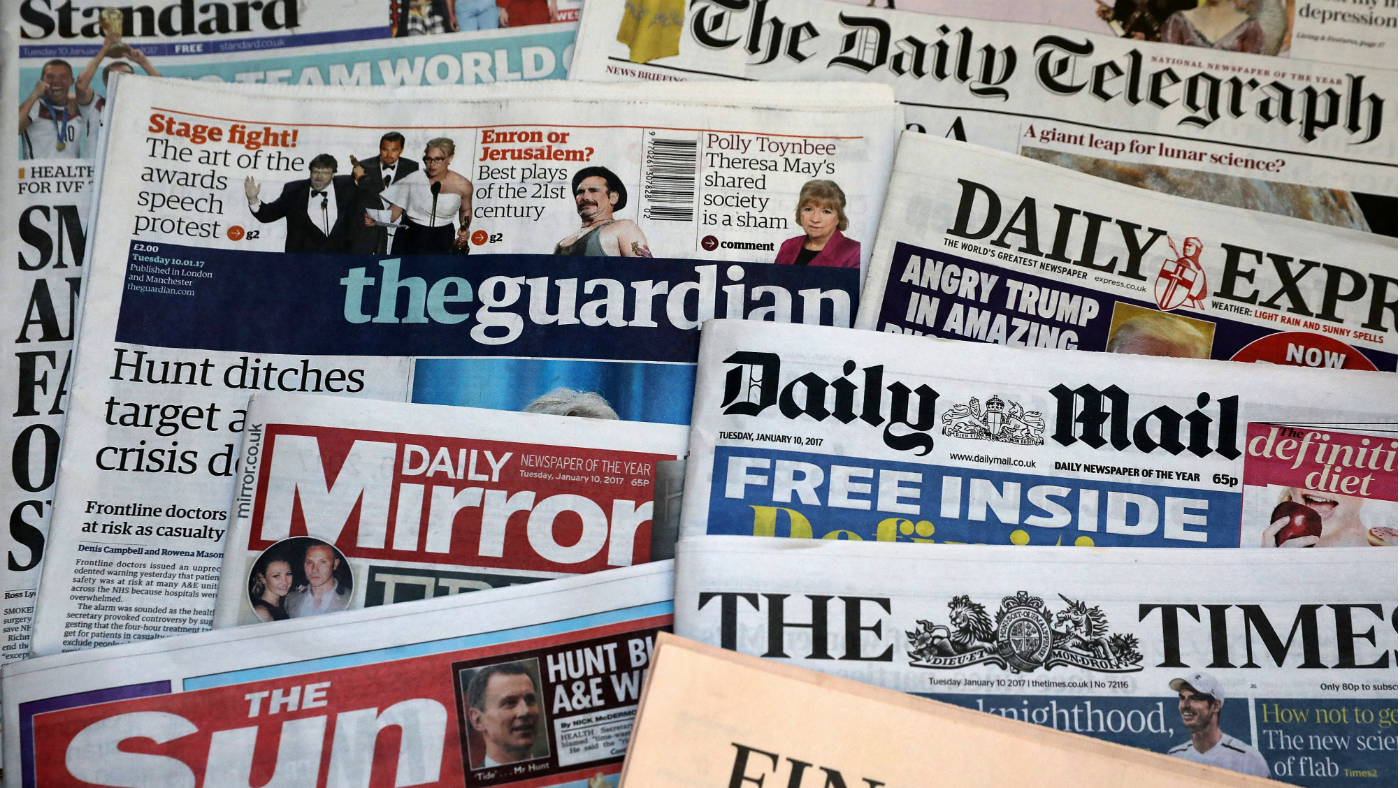
A free daily email with the biggest news stories of the day – and the best features from TheWeek.com
You are now subscribed
Your newsletter sign-up was successful
The Week’s daily round-up highlights the five best opinion pieces from across the British and international media, with excerpts from each.
1. John Harris in The Guardian
On a deregulated Britain
The Week
Escape your echo chamber. Get the facts behind the news, plus analysis from multiple perspectives.

Sign up for The Week's Free Newsletters
From our morning news briefing to a weekly Good News Newsletter, get the best of The Week delivered directly to your inbox.
From our morning news briefing to a weekly Good News Newsletter, get the best of The Week delivered directly to your inbox.
Want to know what a Boris Johnson government would look like? I have just the book
“Come the autumn, Britain may well get a huge shock, and penury will beckon. The only way to avoid it, we will be told, will be to bin regulation, drastically lower taxes, and become tech, finance and the corporate food industry’s offshore playground. Then a terrifying future will open up: a few people creaming it in, while millions of ill, poor, eternally insecure people remain glued to their smartphones to either await their next casual shift in a fulfilment centre or spend whatever crumbs they are paid on the latest useless innovation. Such are the uplands of freedom offered by a party that seems to have lost what was left of its moral bearings, and resolved not to unchain us, but to imprison Britain in true-blue stupidity.”
2. Peter Franklin on UnHerd
On the media establishment
A free daily email with the biggest news stories of the day – and the best features from TheWeek.com
The problem with political journalism
“It’s not their failure to prophesy events with unerring accuracy that’s at issue here, because that’s not their job. What is their job, however, is to investigate and report upon the world in its true and fundamentally unpredictable complexity, which might at least prime the rest of us to expect the unexpected. It might also leave behind a thicker trail of useful evidence, by which I mean reportage that asks the relevant questions before, not after, each shock event. Sadly, the mainstream media has a habit of missing early warning signs, indeed of deliberately ignoring anything that doesn’t fit with standard narratives.”
3. Libby Purves in The Times
On language lessons for immigrants
Speaking English is a vital question of safety
“You need not link a knowledge of English, as some commentators dangerously do, with nebulous ideas about nationhood, ‘identity’ and ‘British values’. It is a practical matter. We have all probably felt a shaming feebleness when we travel abroad and our bleat of ‘Sprechen Sie Englisch?’ or ‘Habla Inglés?’ meets only a shrug. It makes you feel as helpless as a whimpering baby. It can also put you in danger if the only people you can communicate with mean mischief.”
4. Iqra Choudhry on The Independent
On racism in academia
I’ve seen firsthand that academic spaces have a problem with racial slurs – no wonder PhD students are quitting
“Racial slurs are used in academic spaces, and if you don’t like that, you’re often accused of ‘attacking free speech’. Those with status in educational institutions don’t acknowledge the fact that there are challenges their peers from minority backgrounds face (assuming they have any – there are very few academics with permanent or senior positions), despite recent proof that institutional racism is a real and pressing issue. And when institutions are faced with a scandal about racism, they often respond by asking their employees of colour to educate others about racism.”
5. Jane Shilling in The Daily Telegraph
On the point of sport
Phil Neville is right: a good effort isn’t the same thing as a triumph
“In both amateur and professional sport there is currently a peculiar disconnect of attitudes: on the one hand the sense that winning is all, and victory by any means is acceptable. On the other, the sentiment of the American sportswriter Grantland Rice, that what matters is not whether you win or lose, but how you played the game. This gentler, and apparently nobler, sporting philosophy has decayed into the idea that competitiveness itself is a bit suspect, and coming second, third or last is as admirable as winning.”
-
 Political cartoons for February 19
Political cartoons for February 19Cartoons Thursday’s political cartoons include a suspicious package, a piece of the cake, and more
-
 The Gallivant: style and charm steps from Camber Sands
The Gallivant: style and charm steps from Camber SandsThe Week Recommends Nestled behind the dunes, this luxury hotel is a great place to hunker down and get cosy
-
 The President’s Cake: ‘sweet tragedy’ about a little girl on a baking mission in Iraq
The President’s Cake: ‘sweet tragedy’ about a little girl on a baking mission in IraqThe Week Recommends Charming debut from Hasan Hadi is filled with ‘vivid characters’
-
 Boris Johnson shocks UK by resigning from Parliament
Boris Johnson shocks UK by resigning from ParliamentSpeed Read
-
 Bees delay flight for three hours
Bees delay flight for three hoursfeature And other stories from the stranger side of life
-
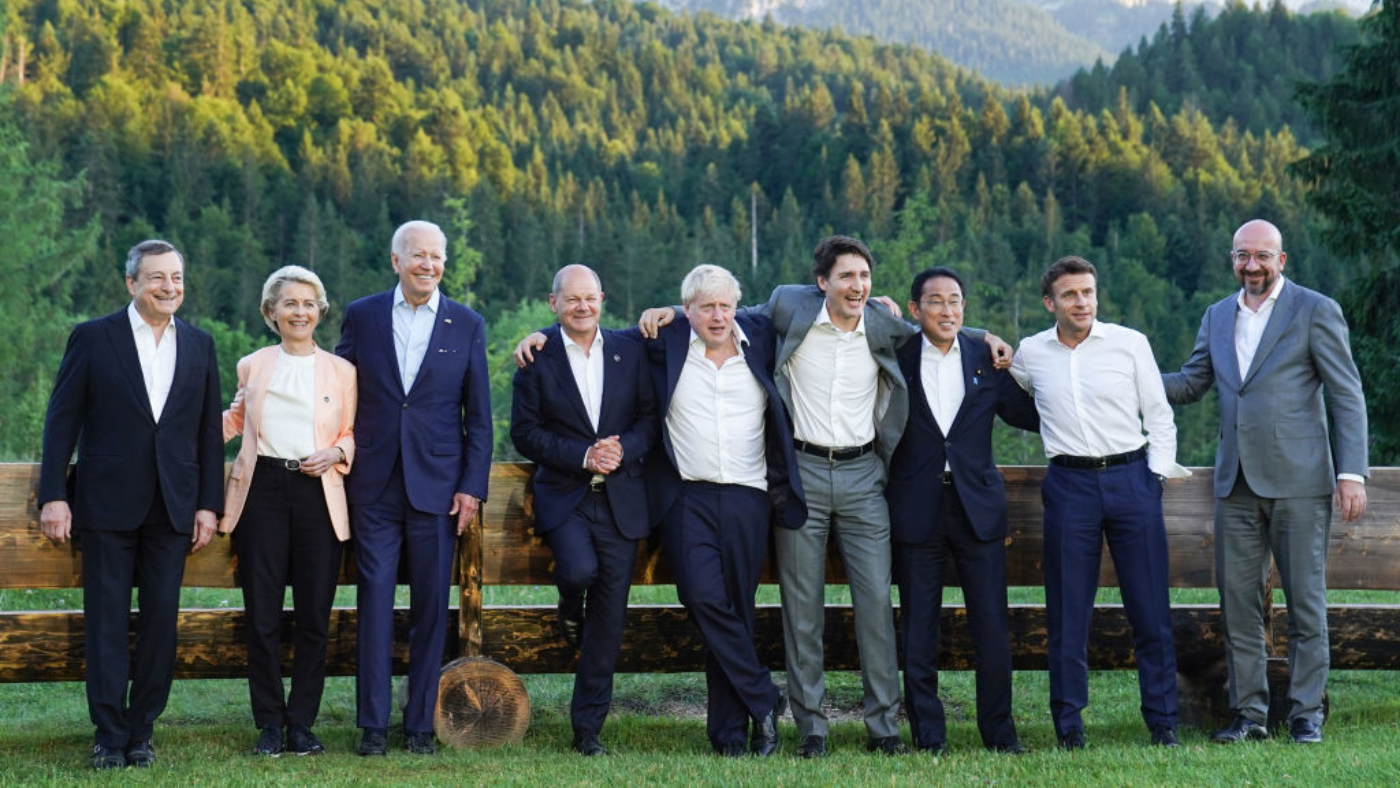 ‘Boris Johnson measures success in biceps rather than brain power’
‘Boris Johnson measures success in biceps rather than brain power’Instant Opinion Your digest of analysis from the British and international press
-
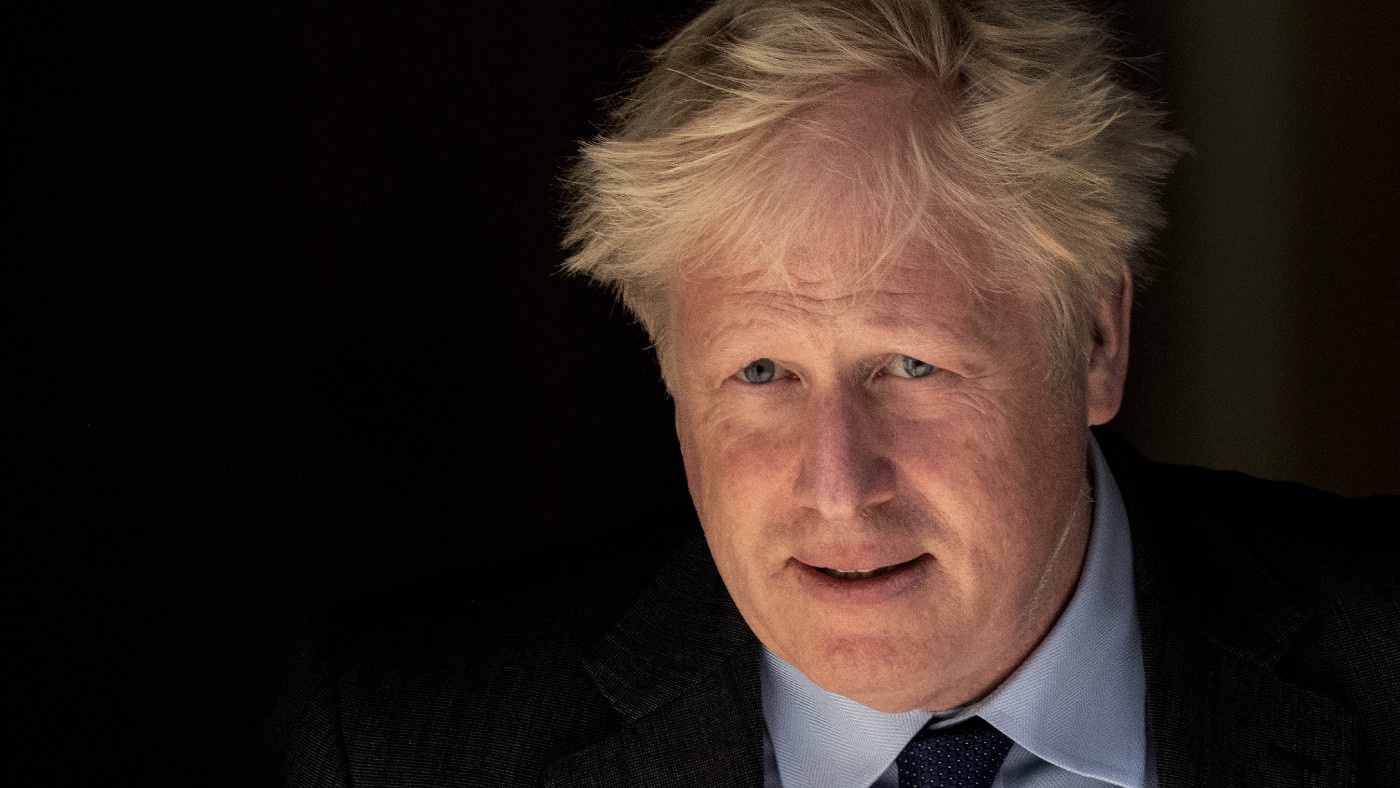 ‘The Tories have no idea that worse is to come’
‘The Tories have no idea that worse is to come’Instant Opinion Your digest of analysis from the British and international press
-
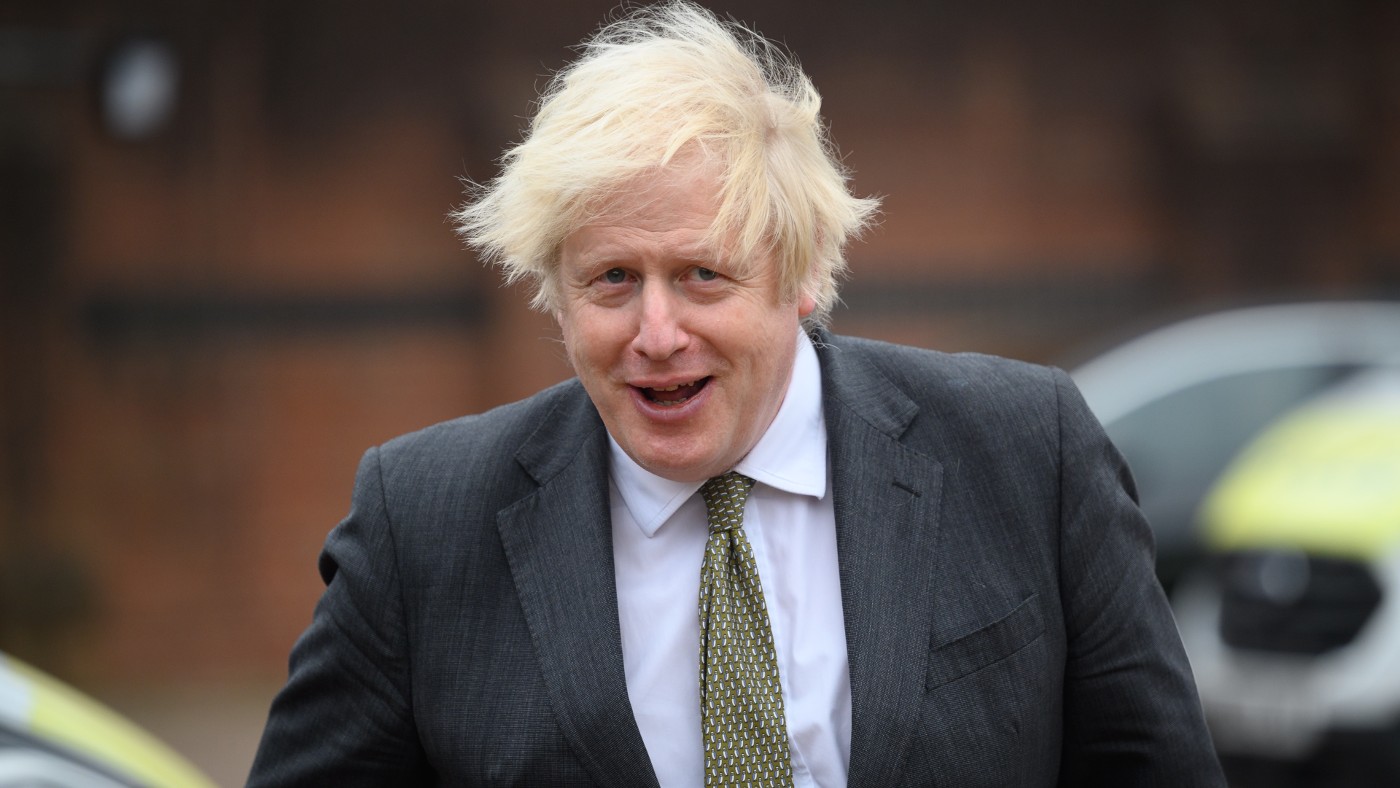 ‘With this prime minister, the next scandal will never be far off’
‘With this prime minister, the next scandal will never be far off’Instant Opinion Your digest of analysis from the British and international press
-
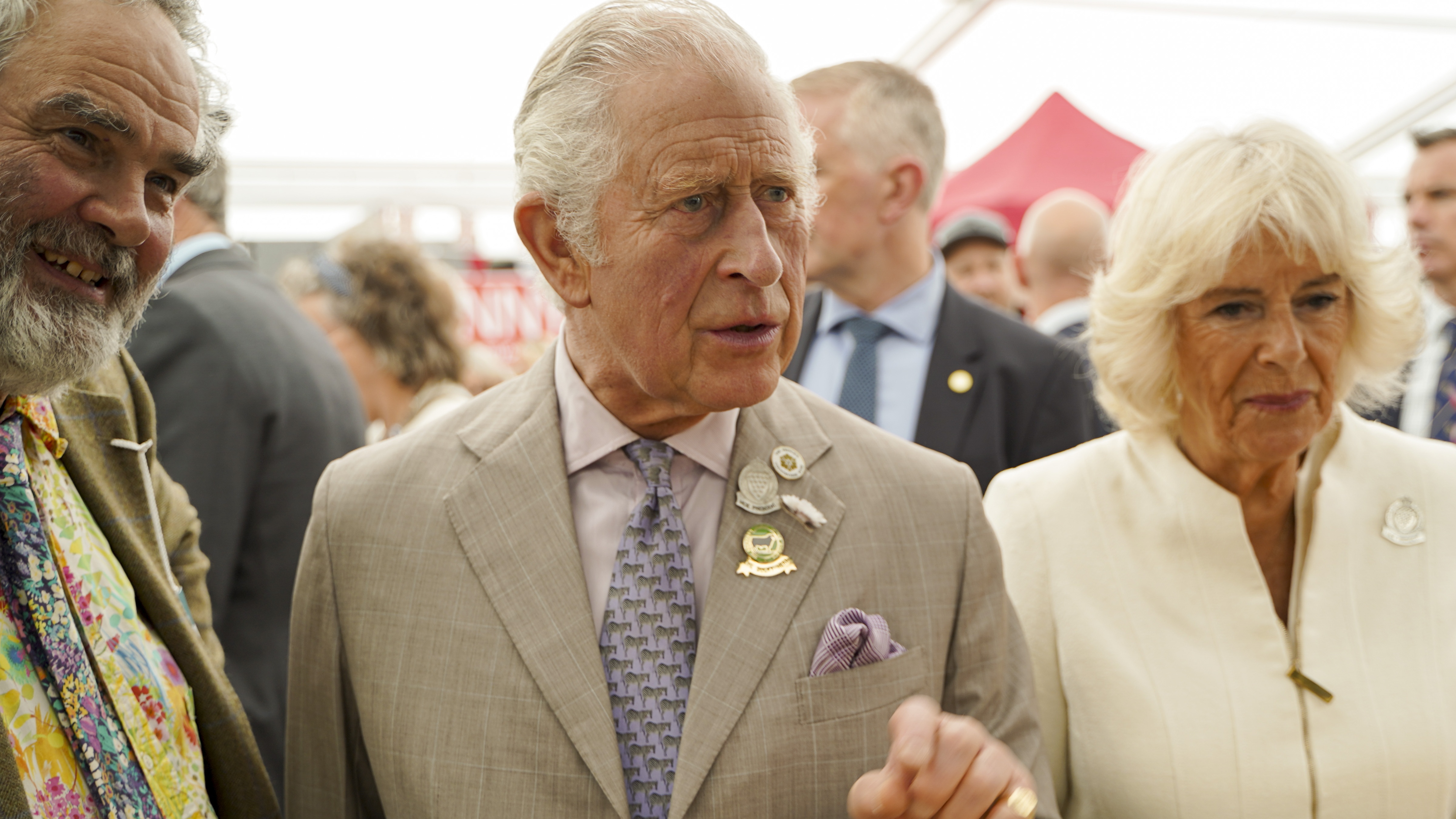 ‘Prince Charles should be wary of using his hereditary privilege as a pulpit’
‘Prince Charles should be wary of using his hereditary privilege as a pulpit’Instant Opinion Your digest of analysis from the British and international press
-
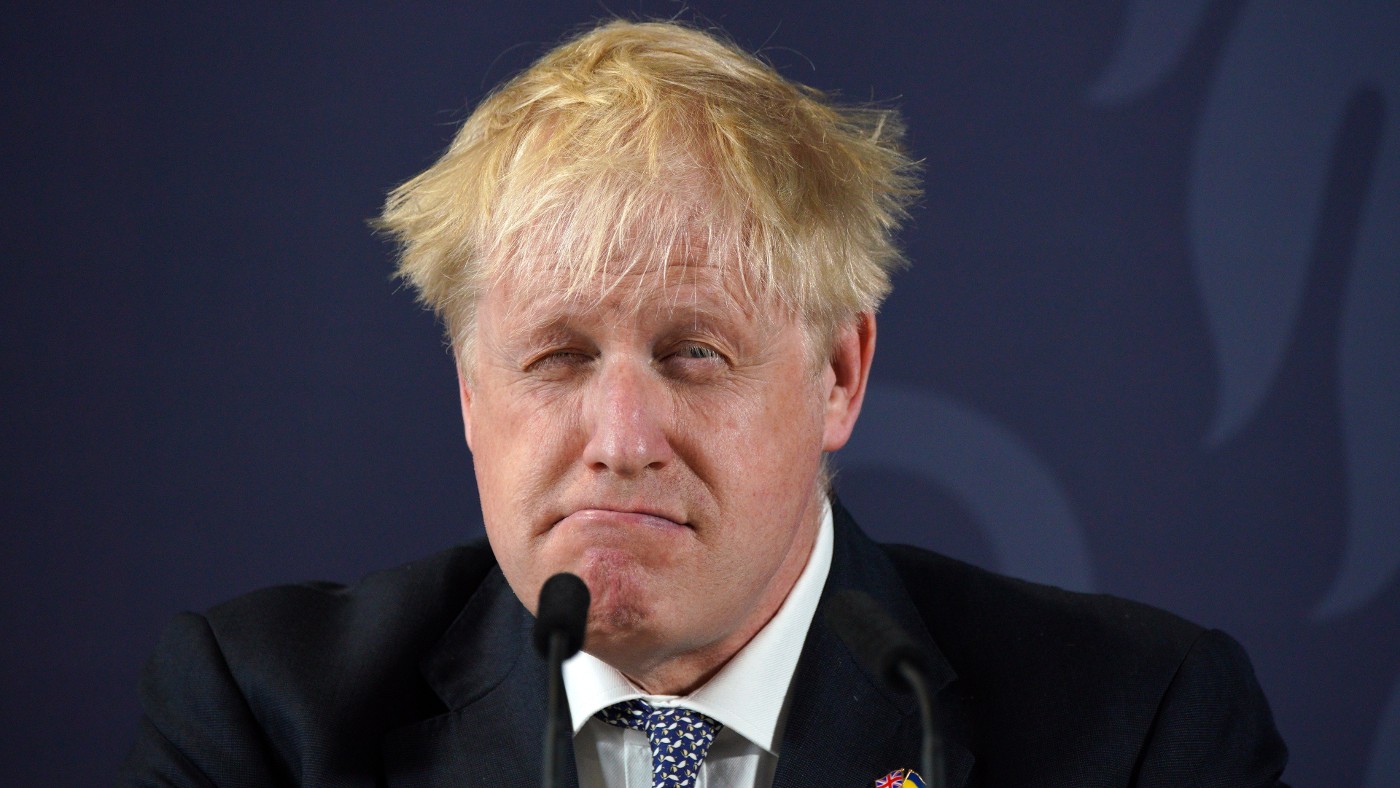 ‘Johnson needs to move – and fast’
‘Johnson needs to move – and fast’Instant Opinion Your digest of analysis from the British and international press
-
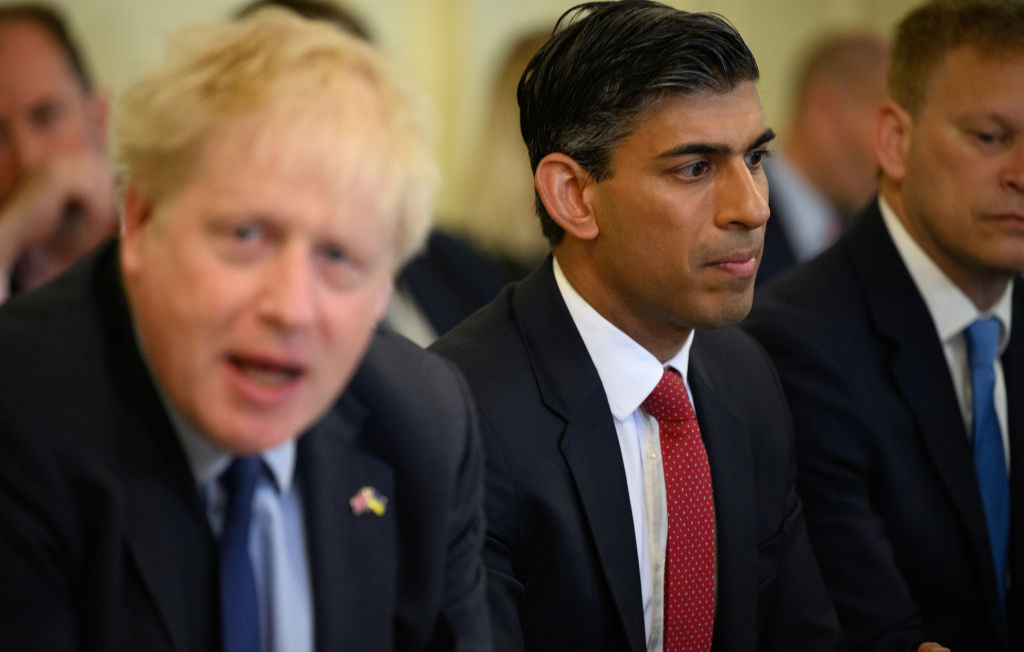 ‘Will Rishi Sunak jump, or will he be pushed?’
‘Will Rishi Sunak jump, or will he be pushed?’Instant Opinion Your digest of analysis from the British and international press